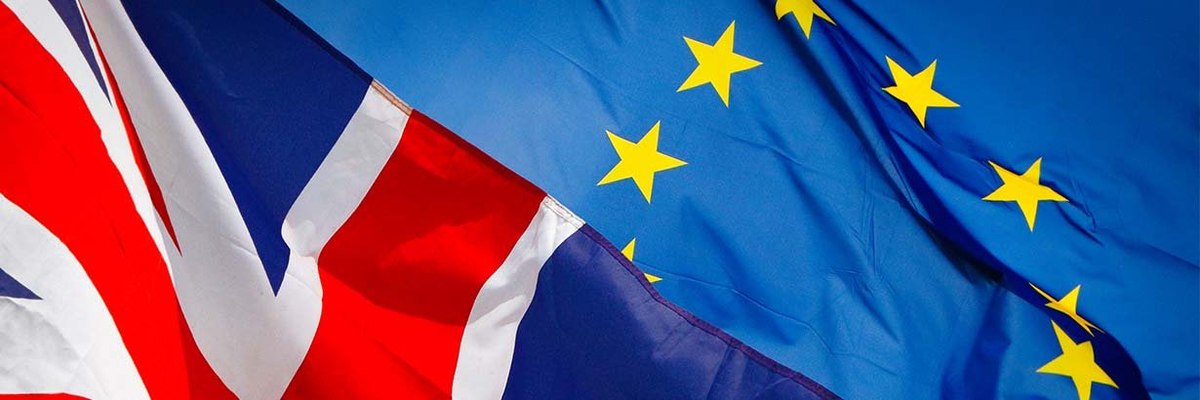Those who have changed their mind are notably younger than those who still think it was right to vote to leave the EU
The number of people thinking it was wrong for Britain to vote to leave the EU has increased substantially since mid-2021, with 53% of people saying it was wrong to back Brexit as of November 2022 - January 2023, compared to 34% who still think it was the right decision.
While previously there had been very little change in opinion amongst Leave voters over their referendum decision, the number who now think it was wrong stands at 17% (with a further 11% unsure). In contrast, just 6% of Remain voters think it was the right decision to leave.
Who are the Leave voters that have changed their mind?
Demographically, the biggest difference between those who regret their decision to leave the EU and those still stick to it is their age: those Leave voters who now think Brexit was wrong are considerably younger than those who think it was right.
Two in five (42%) of those who now think Brexit was the wrong decision are under 50, compared to 13% who are 70 or older. Likewise, almost half of those Leave voters who are now unsure about Brexit (49%) are under 50, with just 11% over 70.
By contrast, a quarter (27%) of those who still think it was right for Britain to vote to leave the EU are aged 70 or older, and more than half are aged 60 and above (54%). Just a quarter are younger than 50 (26%).
The median age of those Leave voters who now think Brexit was wrong is currently 53, for those now unsure its 50, and those who think it was the right decision 62.
This means both Leave voters who think it was wrong and those who are now unsure have an age profile far closer to those who voted to Remain in the EU referendum – median age 49 – than those who voted Leave and still back the decision.
Beyond age, Leave voters who think it was wrong to leave the EU or are unsure it was the right decision have a similar demographic profile to all other Leave voters.
For example, when it comes to attention paid to politics, region, or social grade there are no significant variations. Regretful Leave voters are slightly more likely to be female and have a slightly higher education level than those who think it was right to leave, but even here the differences are minor.
What impact, if any, is Bregret having on voting intention?
Those who now regret their vote to leave now account for 7% of the voting public (excluding those who would not vote). Ahead of the 2019 general election, this figure was around 4%. These changes may not seem massive, but given how stagnant views on EU membership have been since the referendum this change in preference could be impactful.
Those who voted Leave but are now unsure if it was the right decision now account for another 4% of voters, making the overall pool of Leavers who no longer think it was the right decision around one in nine voters (11%).
In contrast, Remainers who now think it was right to leave the EU make up just 2% of voters (similar to what it was at in 2019) and those who aren’t sure an additional 2%.
The three Leave voter groups behaved differently from one another at the 2019 general election. Those who now think it was wrong to back Brexit broke marginally for Conservative over Labour by 41% to 34%, while those who are now unsure voted Conservative by 59% to Labour’s 24%. Leave voters who still think it was the right decision went Conservative over Labour by a massive 84% to 7%.
Now those who think it was wrong to leave back Labour by a full 59% to the Conservatives’ 15%. Those Leave voters who are unsure now also support Labour by a handsome margin: 50% to the Tories’ 26%.
Leave voters who continue think it was the right decision to vote for Brexit still tend to back the Tories, but by a much reduced 51% to 18%. Unlike the other two groups, there has been a notable rightward swing among Leave voters who still back their referendum choice, with voting intention for Reform UK now on 21% among those intending to vote (up from 5% for the Brexit Party at the 2019 general election).
Photo: Getty






